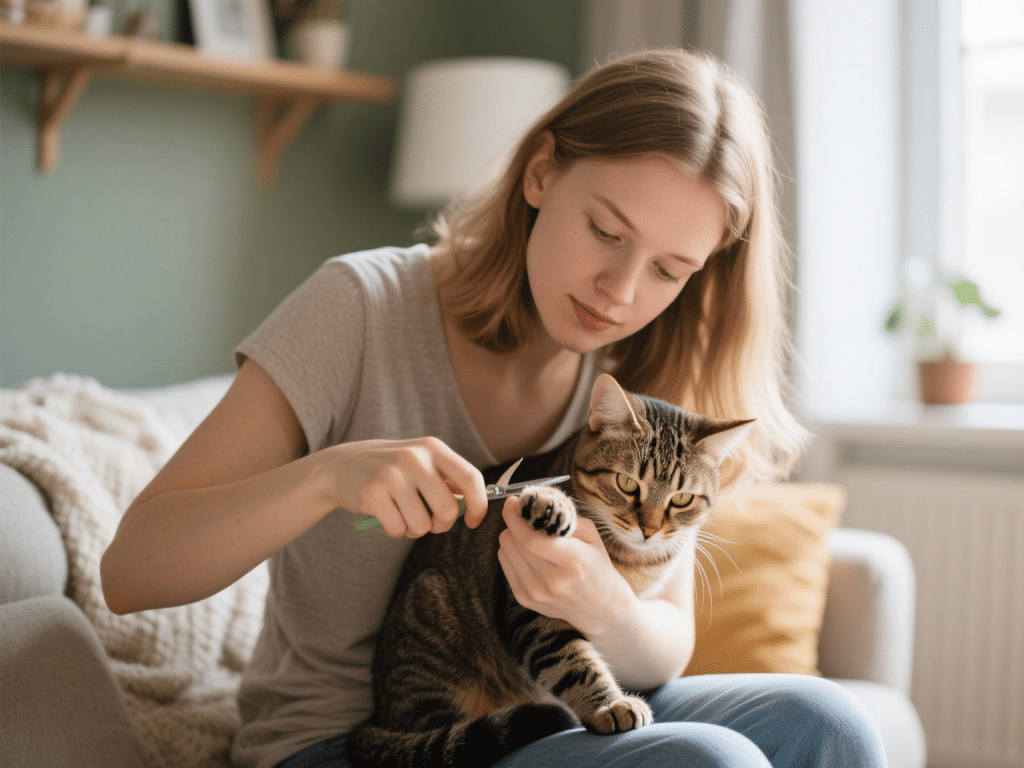RECOMMENDED NEWS

Understanding Senior Dog Arthritis: Gentle Care Strategies
As our faithful companions age, arthritis can gradually erode their quality of life. Having cared fo...
Read More →
Grooming Double-Coated Dogs: Tools, Techniques, and Timing
I’m a certified canine groomer with over 12 years specializing in Nordic and double-coated breeds ...
Read More →
Top 7 Safe Houseplants That Repel Fleas Naturally
As a horticulturist and long-time pet advocate, I’m often asked how to keep homes flea-free withou...
Read More →
5 Proven Strategies to Reduce Anxiety in Rescue Dogs
As a longtime canine behavior consultant and rescue volunteer, I’ve helped hundreds of adopters na...
Read More →
Traveling Safely with Exotic Pets: Pre-Trip Planning and On-the-Go Care
Whether you’re jetting off for vacation or relocating, traveling with exotic pets—reptiles, bird...
Read More →
How to Properly Trim Your Cat’s Claws Without Stress
IntroductionRegular cat claw maintenance is vital to prevent overgrowth, reduce furniture damage, an...
Read More →
Understanding and Managing Separation Anxiety in Dogs
IntroductionSeparation anxiety is a common behavioral issue in dogs characterized by distress when s...
Read More →
Budget-Friendly Healthy Pet Food Swaps for Cats and Dogs
Feeding your pets nutritious food is essential for their health, but premium pet foods can be costly...
Read More →
Healthy Joint Supplements for Senior Dogs: Benefits and Choices
IntroductionAs dogs age, joint health becomes a primary concern. Osteoarthritis and reduced cartilag...
Read More →
Comments on "Indoor Cat Deworming Myths Busted: What Every Owner Should Know" :